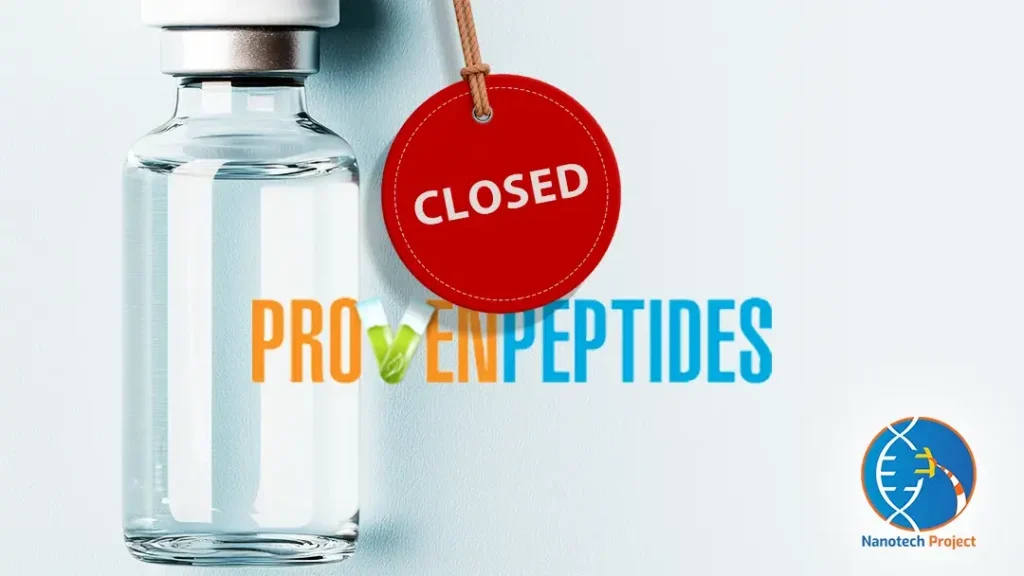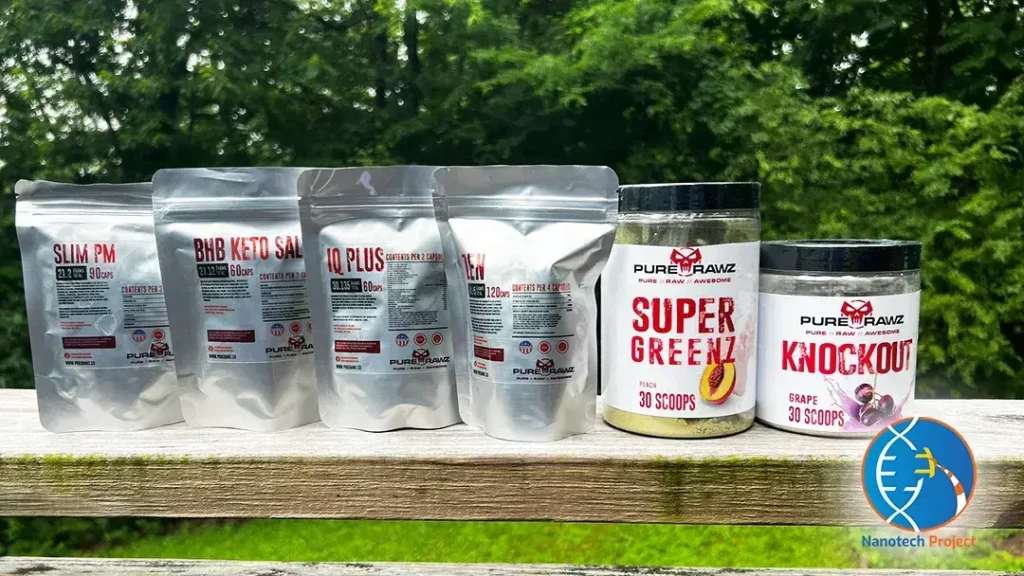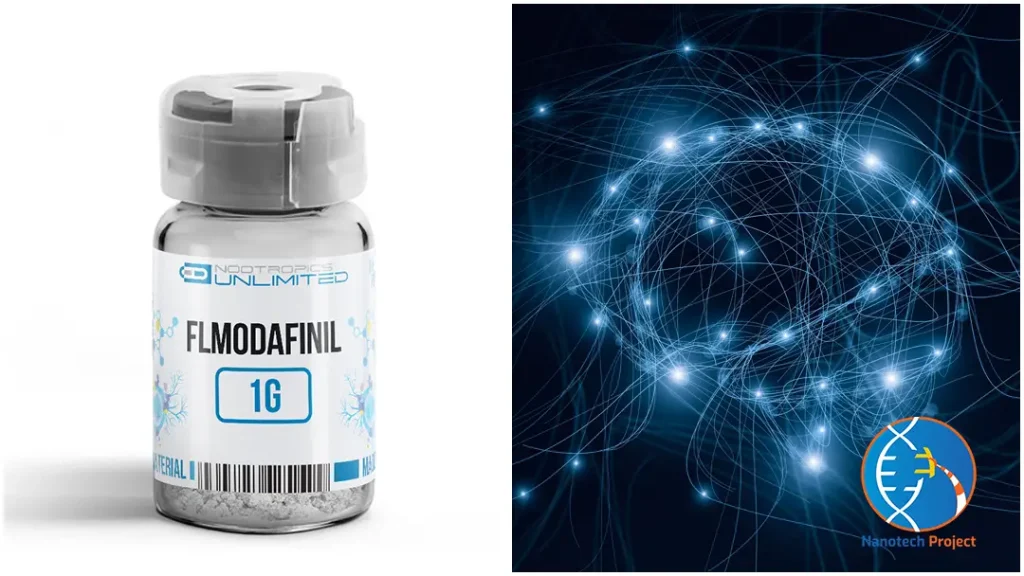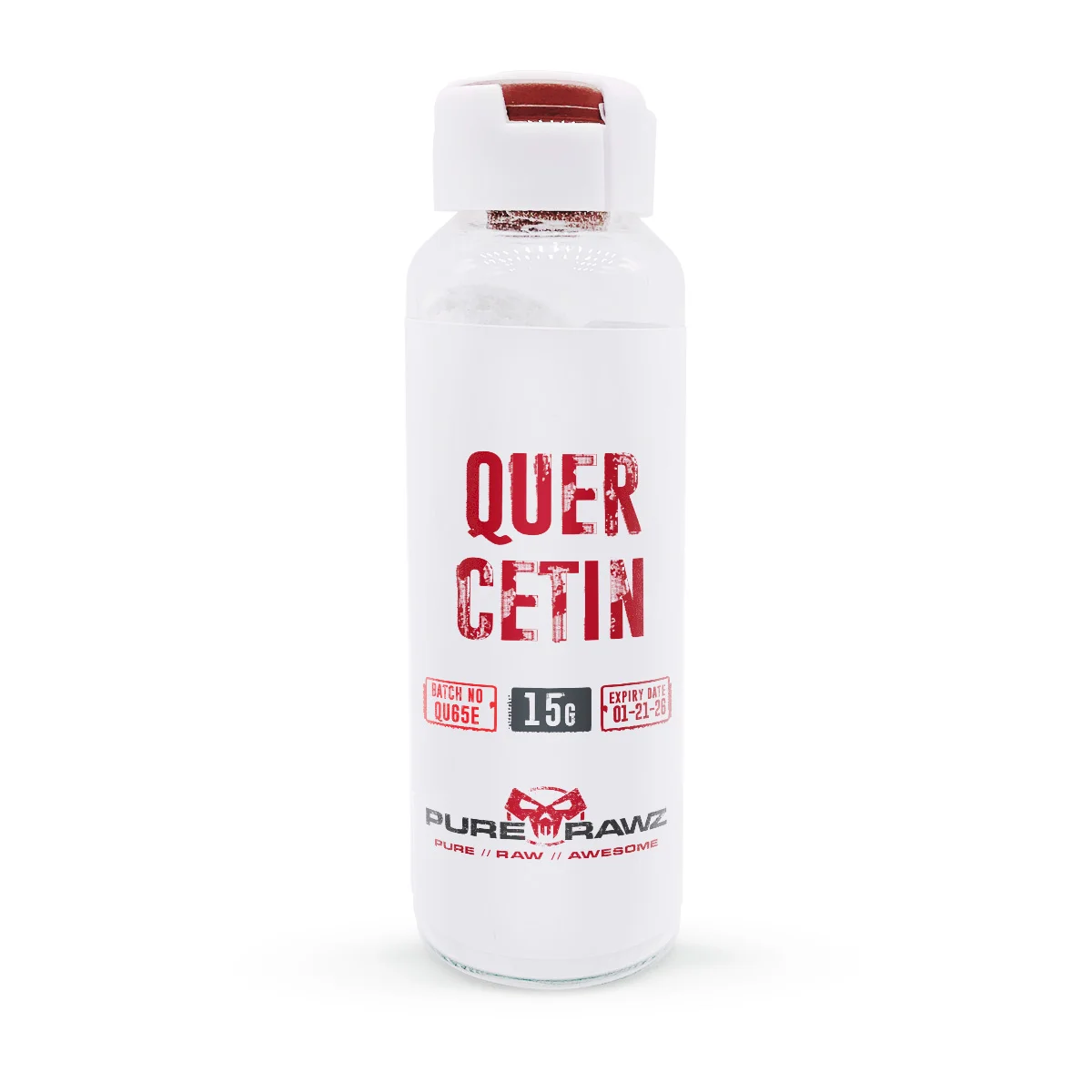A strong immune system is crucial for maintaining overall health and well-being. The immune system defends against harmful invaders like viruses, bacteria, fungi, and pathogens. Quercetin is a natural compound that belongs to the flavonoid group and is widely found in the plant kingdom.
Introduction
Present in fruits, vegetables, grains, and leaves, quercetin is renowned for its antioxidant properties and numerous health benefits. Quercetin has emerged as a promising bioactive compound with the potential to enhance overall well-being.

Product Information:
Quercetin is a water-soluble flavonoid found in plants and foods. It is one of the most bioactive flavonoids and supports the immune system, cellular health, and cardiometabolic health. It is also categorized as a phytoestrogen since the human body cannot produce it.
Quercetin may help protect against heart disease and cancer. Quercetin stabilizes the cells that release histamine in the body. The supplements are available in various forms, including capsules, tablets, and powders. We recommend Pure Rawz and RCD is the best site for buying Quercetin supplementation.
How Does It Work?
a. Antioxidant and Anti-inflammatory mechanism
Dietary flavonoids, quercetin, and resveratrol, function as antioxidants in the body. They play a crucial role in scavenging free radicals that can cause cell membranes to deteriorate, DNA to mutate, and even cell death. Antioxidants help mitigate the effects of free radicals by neutralizing them, which can potentially reduce or prevent some of the damage they cause.
Quercetin exerts its effects through various mechanisms in the body, and its diverse range of actions contributes to its potential health benefits. Quercetin is a potent antioxidant and also demonstrates anti-inflammatory effects by inhibiting inflammatory pathways and reducing the production of inflammatory molecules, such as cytokines and prostaglandins.

b. Enzyme inhibition and cellular signal modulation
The flavonoid inhibits enzymes like lipoxygenase and cyclooxygenase, which are involved in the synthesis of inflammatory mediators.
Quercetin can modulate various cellular signaling pathways, influencing processes like cell proliferation and apoptosis (programmed cell death). This modulation is of interest in cancer research, as quercetin may help induce apoptosis in cancer cells while sparing healthy cells.
c. Vasodilation and Cardiovascular Effects
Quercetin has been shown to have vasodilatory effects, meaning it can relax blood vessels. This may contribute to patients with metabolic syndrome through improved blood flow and lower blood pressure.
It modulates the immune system by influencing the activity of immune cells. It has been studied for its potential to enhance the immune response and may have antiviral properties, making it a subject of interest in the context of respiratory infections.
Benefits – Quercetin Supplement
Quercetin offers a range of potential health benefits. Here are some of the notable advantages associated with its consumption:
1. Antioxidant/ Ant-ageing Benefits:
Quercetin neutralizes free radicals in the body, which in return protects cells from oxidative stress. This property is crucial in preventing cellular damage which helps reduce the risk of chronic diseases and also in the anti-ageing process.
2. Anti-Inflammatory Effects:
It has demonstrated anti-inflammatory properties by inhibiting inflammatory pathways and reducing the production of inflammatory factors. This may be beneficial for individuals dealing with conditions linked to chronic inflammation, such as arthritis and cardiovascular diseases.
3. Cardiovascular Health:
Research suggests quercetin may contribute to cardiovascular health by improving blood vessel function, lowering blood pressure, and positively influencing cholesterol levels. These effects can collectively reduce the risk of heart disease and support overall cardiovascular well-being.
3. Immune System Support:
Quercetin may modulate the immune response, potentially enhancing the body’s ability to defend against infections. Some studies have explored its antiviral properties, making it of interest in the context of immune health, particularly in respiratory infections.
4. Cancer Prevention:
Quercetin shows promise in cancer prevention. Its ability to induce apoptosis (programmed cell death) in cancer cells (including breast cancer cells), along with its antioxidant and anti-inflammatory actions, makes it a subject of interest for its potential role in reducing cancer risk.
5. Allergy Relief:
It may act as a natural antihistamine, helping to alleviate allergy symptoms. By stabilizing mast cells and reducing the release of histamines, it may contribute to the management of allergic reactions.
6. Blood Sugar Regulation:
Studies suggest that quercetin plays a role in regulating blood sugar levels. This could be beneficial for individuals with diabetes or those at risk of developing the condition.
7. Neuroprotective Effects:
It has been studied for its potential neuroprotective effects, including its ability to reduce oxidative stress and inflammation in the brain. This may have implications for conditions like Alzheimer’s disease and other neurodegenerative disorders.
8. Skin Health:
The antioxidant properties of quercetin may benefit the skin by protecting against oxidative damage and promoting overall skin health. It may be particularly helpful in preventing premature aging and supporting the skin’s natural defenses.
9. Exercise Performance:
Some research suggests that its supplementation may improve endurance and exercise performance. This makes it of interest to athletes and individuals engaged in regular physical activity.
Side Effects
The flavenoid is generally safe when consumed moderately through dietary sources like fruits and vegetables. However, when taken in supplement form, there are some potential side effects and considerations to be aware of:
Gastrointestinal Issues:
Some people may experience gastrointestinal discomfort when taking quercetin supplements. This can include symptoms such as nausea, stomach cramps, or diarrhea.
Allergic Reactions:
While rare, allergic reactions to the compound have been reported. Symptoms may include itching, rash, swelling, or difficulty breathing. Individuals with known allergies to foods containing quercetin should exercise caution.
Pregnancy and Breastfeeding:
Pregnant women and those undergoing breastfeeding should avoid using quercetin supplements as research on such individuals is still ongoing.
Potential for Kidney Stones:
There is some concern that high doses of quercetin supplements may contribute to the formation of kidney stones in susceptible individuals. Those with a history of kidney stones or kidney issues should exercise caution and seek guidance from a healthcare professional.
Blood Pressure:
As the compound may lower blood pressure, individuals with already low blood pressure should be cautious, as excessive consumption could potentially lead to hypotension.
Quercetin Dosage:
A recommended intake of 250 to 1000 mg daily for up to 8 weeks is recommended for optimum results. Quercetin supplements often contain additional substances like bromelain or vitamin C, which can enhance the absorption of the compound in the body.
However, it is crucial to note that quercetin treatment by IV (intravenously) is not recommended, as it can have harmful effects.
Quercetin Supplement – Legal Status
While it is generally recognized as safe by the FDA at doses up to 500 milligrams per serving in certain foods and beverages, supplements are not strictly regulated.
Where to Buy Online:
The quality of Quercetin supplements can vary between brands. Choose products from reputable manufacturers, and consider consulting with a healthcare professional for guidance on selecting a high-quality supplement.
| Vendor | Rating | Buying Link | Verdict |
|---|---|---|---|
| PureRawz | 4.8/5 | Buy Quercetin from PureRawz | High-quality, well-reviewed product |
| RCDBio.co | 4.7/5 | Buy Quercetin Powder from RCD Bio | Affordable powder option |
We recommend Pure Rawz and RCDbio is the best place to buy quercetin. RCDbio and Pure Rawz provide powdered and HCL forms of Quercetin to their online customers. To be the best suppliers of research chemicals, both online stores provide reference materials with every product they sell.
Conclusion:
Flavonoid Quercetin stands out for its antioxidant, anti-inflammatory, and potentially health-promoting properties. As research continues to uncover the intricacies of this remarkable compound, incorporating a diverse range of quercetin-rich foods into one’s diet appears to be a sensible approach to harness its benefits for overall well-being. As with any nutrient, moderation and balance remain key, and consultation with healthcare professionals is recommended, especially for those considering supplementation.










